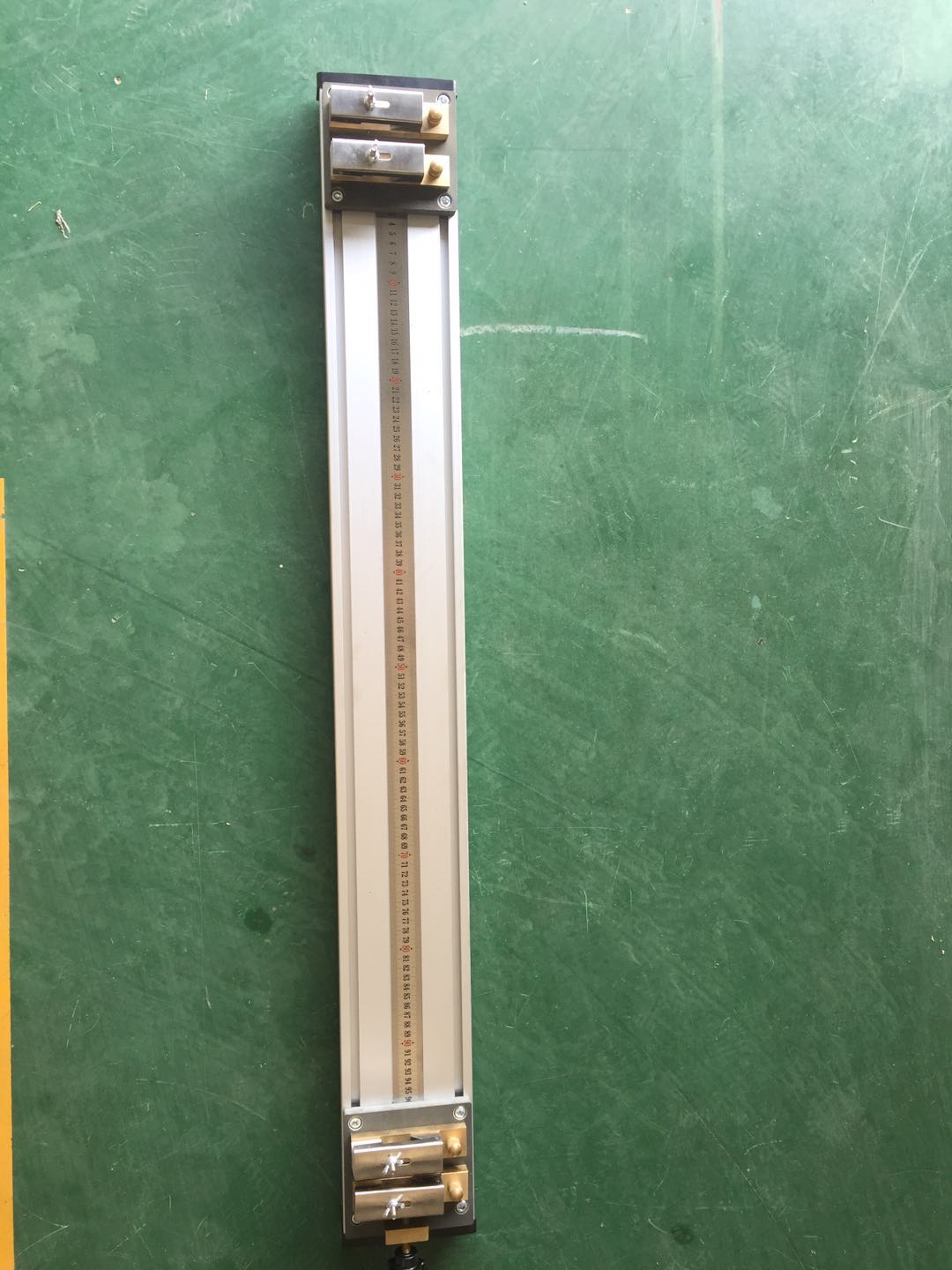Equipment for Measuring Tensile Strength in Material Testing Applications
Understanding Tensile Strength Testing Equipment
Tensile strength testing is a critical process in material science, engineering, and manufacturing, which allows professionals to evaluate the strength and ductility of materials. This test determines how much force a material can withstand while being pulled before breaking. The equipment used for tensile strength testing plays a vital role in yielding precise and reliable results. This article explores the fundamental aspects of tensile strength testing equipment, including its components, types, and the significance of precise testing in various industries.
Components of Tensile Strength Testing Equipment
Tensile strength testing equipment primarily consists of the following components
1. Testing Machine At the heart of tensile strength testing equipment is the universal testing machine (UTM). This machine is designed to apply a controlled force to a specimen while measuring the resulting deformation. It is equipped with a load cell that converts the force exerted on the material into an electrical signal for easy measurement.
2. Grip Fixtures These are essential for holding the material specimen securely during testing. The grip must be designed to minimize stresses on the specimen that are not a result of the tensile force. Common grip types include wedge grips, hydraulic grips, and pneumatic grips, each suited for different materials and shapes.
3. Specimen Preparation Tools Before testing, specimens must be prepared according to specific standards. This typically involves cutting the material into standardized shapes, such as dog bone shapes for metals and polymers. Cutting tools such as saws and milling machines are commonly used in this preparation phase.
4. Data Acquisition System An integral part of the testing setup, the data acquisition system helps record and analyze results. It tracks parameters such as force, displacement, and elongation, providing real-time feedback during testing and generating graphical representations of the stress-strain curve for further analysis.
Types of Tensile Strength Testing Equipment
Tensile strength testing equipment can be categorized based on the application and required precision levels
tensile strength testing equipment

1. Electromechanical Testing Machines These are popular for their accuracy and versatility. Electromechanical machines utilize a motor-driven screw mechanism to apply the load. They typically offer a wide range of testing capabilities, suitable for metals, plastics, and composites.
2. Hydraulic Testing Machines These machines utilize hydraulic power to apply tensile load. They are preferred for testing larger specimens or materials that require significant force. The hydraulic system allows for high-speed testing while maintaining precision and control.
3. Micro and Nano Testing Machines As technology advances, there’s a growing emphasis on testing smaller materials or small-scale structures. Micro and nano testing machines provide capabilities for testing materials at very small scales, helping researchers in fields like biomaterials and nanotechnology.
Importance of Tensile Strength Testing
The significance of tensile strength testing extends across various sectors
- Quality Control In manufacturing, particularly in industries like aerospace, automotive, and construction, it is essential to ensure that materials meet required strength specifications. Tensile strength testing helps in the quality assurance process, ensuring that materials will perform as expected under load conditions.
- Material Development In research and development, understanding the mechanical properties of new materials is crucial. Tensile strength testing can inform engineers about how materials behave under different loads, leading to innovations in material design and application.
- Regulatory Compliance Many industries are subject to strict regulatory standards that dictate the mechanical properties of materials used in production. Tensile strength testing can ensure compliance with these regulations and contribute to safe and reliable product development.
Conclusion
Tensile strength testing equipment is an indispensable tool in various fields, from manufacturing to research and development. The precision and accuracy of this testing directly influence the performance and safety of materials across applications. As technology advances, the development of new testing machines and methodologies will continue to enhance our understanding of material properties, leading to innovations that improve the quality and safety of products around the globe. The integration of advanced data acquisition systems and automated processes is paving the way towards more efficient and reliable tensile strength testing, ensuring that materials meet the demands of an ever-evolving technological landscape.
-
The Role of Tensile Force Testers in Quality Control and Material Science
NewsAug.01,2025
-
Maintenance and Safety Tips for Aging Ovens
NewsAug.01,2025
-
Density Balance in Forensic Science
NewsAug.01,2025
-
Advanced Optical Measurement Technologies
NewsAug.01,2025
-
A Buyer’s Guide to Tensile Test Machines
NewsAug.01,2025
-
Why the Conductor Resistance Constant Temperature Measurement Machine Redefines Precision
NewsJun.20,2025
 Copyright © 2025 Hebei Fangyuan Instrument & Equipment Co.,Ltd. All Rights Reserved. Sitemap | Privacy Policy
Copyright © 2025 Hebei Fangyuan Instrument & Equipment Co.,Ltd. All Rights Reserved. Sitemap | Privacy Policy
